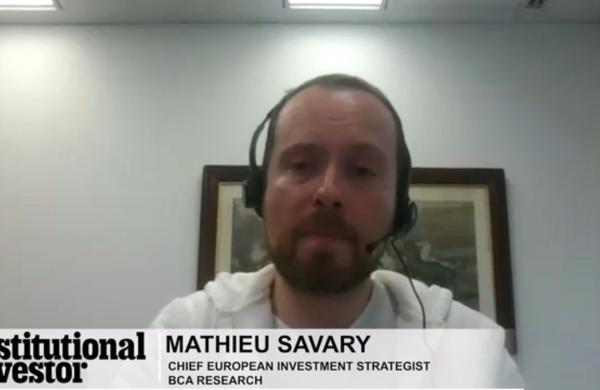The approximately $12 million in sales -- at 99 cents per song -- is balm to the beleaguered music industry, which believes illegal downloading is largely to blame for its shrinking revenues.
But ITunes isn't the cure. It may be heartening to the industry that many Apple hardware owners -- people who might otherwise use KaZaA or Grokster software to pirate the same recordings -- are doing the right thing, but music retailing on the Internet is still no bargain.
"In the typical 99-cent download, a major record label will take about 70 cents as a licensing fee," explains Perry Solomon, CEO of Waltham, Massachusettsbased Peppercoin, a processor of payments for music and other digital goods. "Most of the rest gets eaten up by credit card fees. The business model is a nonstarter."
Apple, of course, can abide a loss leader. It aims to sell Macs and IPods by making them more appealing to music buyers. Others are looking to profit by selling beyond the relatively small population of Apple users. Seattle-based RealNetworks says its Rhapsody service is streaming 500,000 songs a day to subscribers, who have the option of burning tracks on CDs at 79 cents a pop.
As it stands, these retailers are fighting over a fraction of the $34 billion recorded music market, while shouldering unacceptably high transaction costs.
The solution: systems designed specifically to handle so-called micropayments -- those under $10, on which merchants' credit card fees are prohibitive. Micropayments present an opportunity for the banking industry to corner a potentially huge new payment services market.
But the margins are thin, and the banks aren't jumping. They're leaving the field open to entrepreneurs in the same way that they allowed dot-com start-up PayPal -- which EBay bought last year for $1.5 billion -- to dominate person-to-person e-payments.
Among several ventures vying to be the PayPal of micropayments is Peppercoin, founded two years ago by Massachusetts Institute of Technology computer science professors Silvio Micali and Ronald Rivest. Peppercoin's selling point: It can complete an online digital sale for about 7 cents, roughly one quarter the credit card processing charge.
Rivals include BitPass, a year-old Silicon Valley company backed by Internet venture capitalist Guy Kawasaki; E-C Logix, a two-year-old Lincoln, Nebraska, start-up headed by music technology entrepreneur Todd Stinson; and Vancouver, British Columbia, e-payments specialist Paystone Technologies Corp.
All agree that consumers need a way to buy digital content in small quantities as they would in a music or video store. "Get what you want, when you want it, without having to prefund accounts or commit to a subscription," as Peppercoin's Solomon puts it. (When enrolling to use any of these products, consumers often must provide a credit card number for billing, so the banks still get their cut.)
The competition to lower transaction costs should be good news for music retailers, but it does them no good if consumers don't sign up to use the services.
"The history of this payment model is not very promising," says analyst Aaron McPherson of research firm Financial Insights in Framingham, Massachusetts. He notes that neither retailers nor consumers warmed to digital cash products, like the now-defunct Beenz and Flooz, during the 1990s e-commerce boom. Credit cards won the day because Internet commerce revolved around books and other goods that cost $10 or more.
Says E-C Logix's Stinson, "Credit cards work at $9.99" -- the price of an album from ITunes. Monthly subscription fees, like the $9.95 for RealNetworks' Rhapsody or $8.95 for MusicNet at America Online (using a technology platform co-owned by RealNetworks and several top record labels), are in the same range. "It's the 99-cent price point that doesn't work," notes Stinson, "and we address that."
The music industry is "open to new business models," says Peppercoin's Solomon. "ITunes demonstrated that there was demand for single downloads."
But Adam Sexton, head of music technology marketing at Macrovision Corp., a leading provider of antipiracy systems, warns: "There are still lots of hurdles to overcome in getting people to pay for what they used to get for free. Micropayments is one of them."





